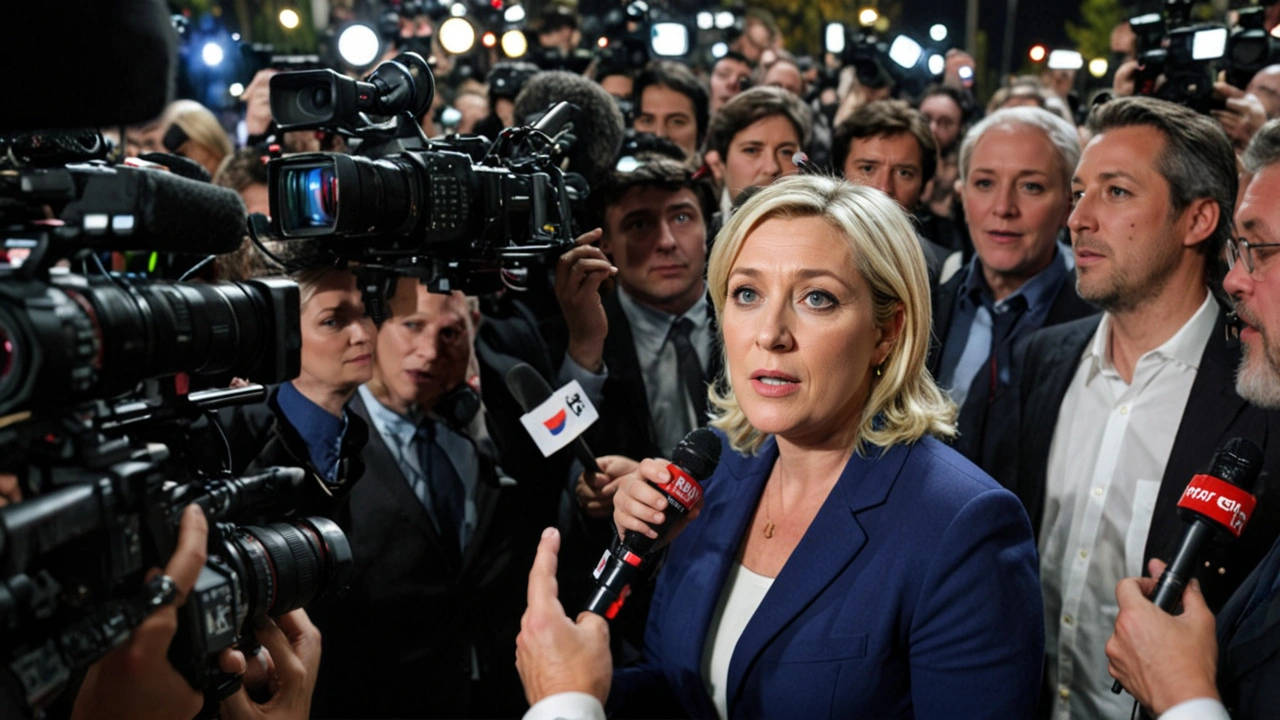French Parliamentary Election: What’s Happening and Why It Matters
Every few years, France heads to the polls to elect members of the National Assembly in what’s called the parliamentary election. This election decides who will represent the legislative branch and shape the country’s laws and policies for the coming term. It’s a big deal because the assembly's makeup directly affects how the government runs and how policies get pushed through.
The French parliamentary election usually follows the presidential election, making it a critical part of the political landscape. While the president holds executive power, having a solid or friendly parliamentary majority makes governing much smoother. When the results lead to a divided government, it can get messy and stall important decisions.
Who’s Running and What’s at Stake?
France’s main political parties often mean interesting battles during the election. You’ll see established parties squaring off alongside emerging movements hoping to shake things up. Candidates compete not just on policies like the economy and social programs but also on how they want France’s role to evolve in Europe and the world.
Voter turnout can influence the outcome big time—when more people participate, results better reflect what the public wants. Issues like unemployment, inflation, and immigration often drive people to vote one way or another. Plus, coalitions between parties play a role; some parties team up to boost their chances of forming a majority.
How the Election Works
The French parliamentary election uses a two-round system. If no candidate gets more than 50% of the votes in the first round, the top candidates face off in a second round. This setup encourages alliances and tactical voting. Since each constituency elects one representative, local issues and candidate popularity matter a lot.
Watching the election results come in can show early trends about France’s political direction and how the president’s agenda will fare. If the president’s party gains a strong majority, expect faster policy moves. If it loses seats, compromise or gridlock might be on the horizon.
So, keeping an eye on this election isn’t just about French politics—it’s about how decisions affecting millions of people could change soon. Whether you’re a politics fan or just curious about world affairs, understanding the French parliamentary election gives you a window into how democracy works in one of Europe's key countries.
Marine Le Pen vs. Jordan Bardella: The Power Struggle Shaping France's Future
Marine Le Pen and her protégé, Jordan Bardella, faced a setback in the French parliamentary election, with their National Rally party projected to secure 120 to 150 MPs. This outcome positions them behind Macron's coalition and the left-wing alliance, signaling a potential period of instability and internal party conflicts.

